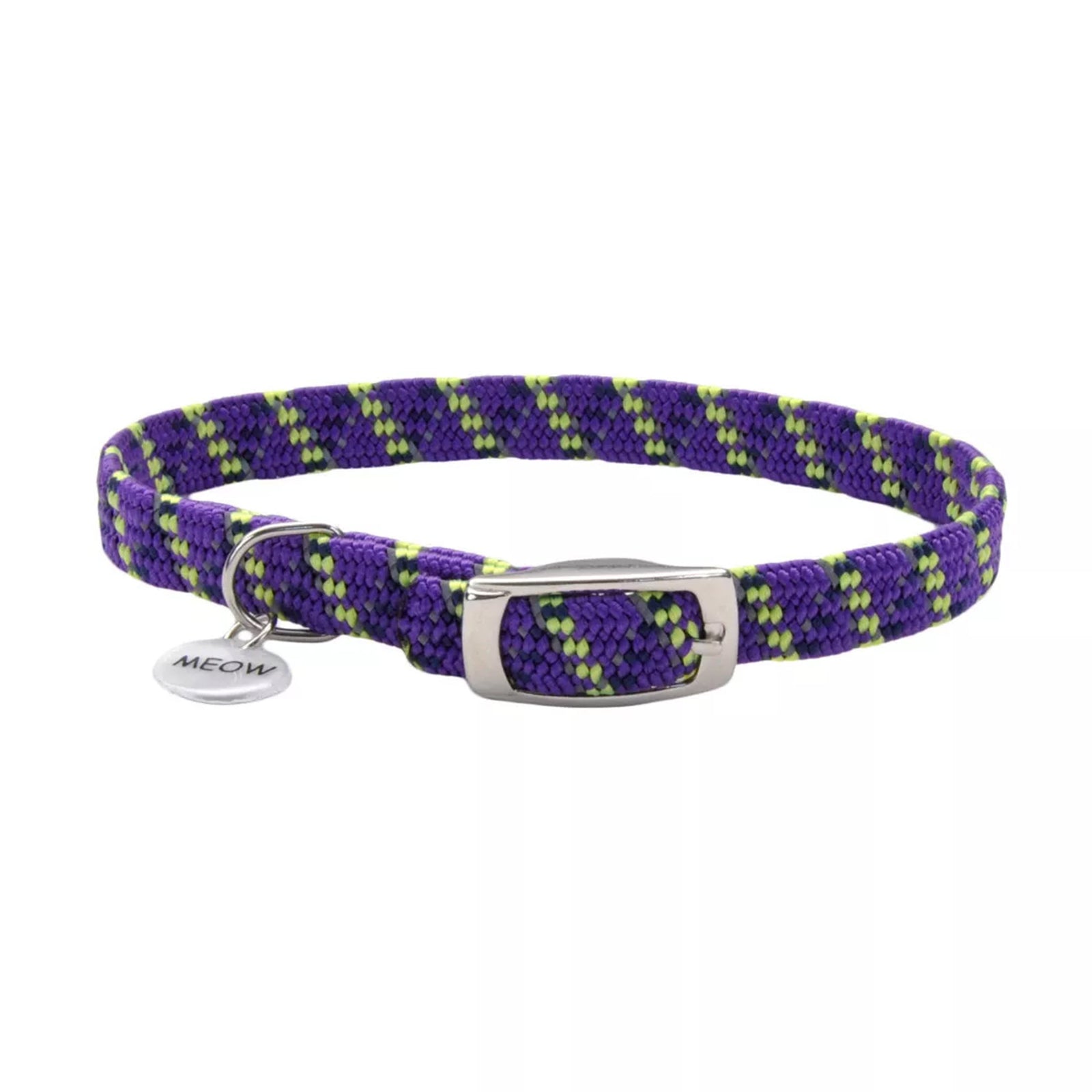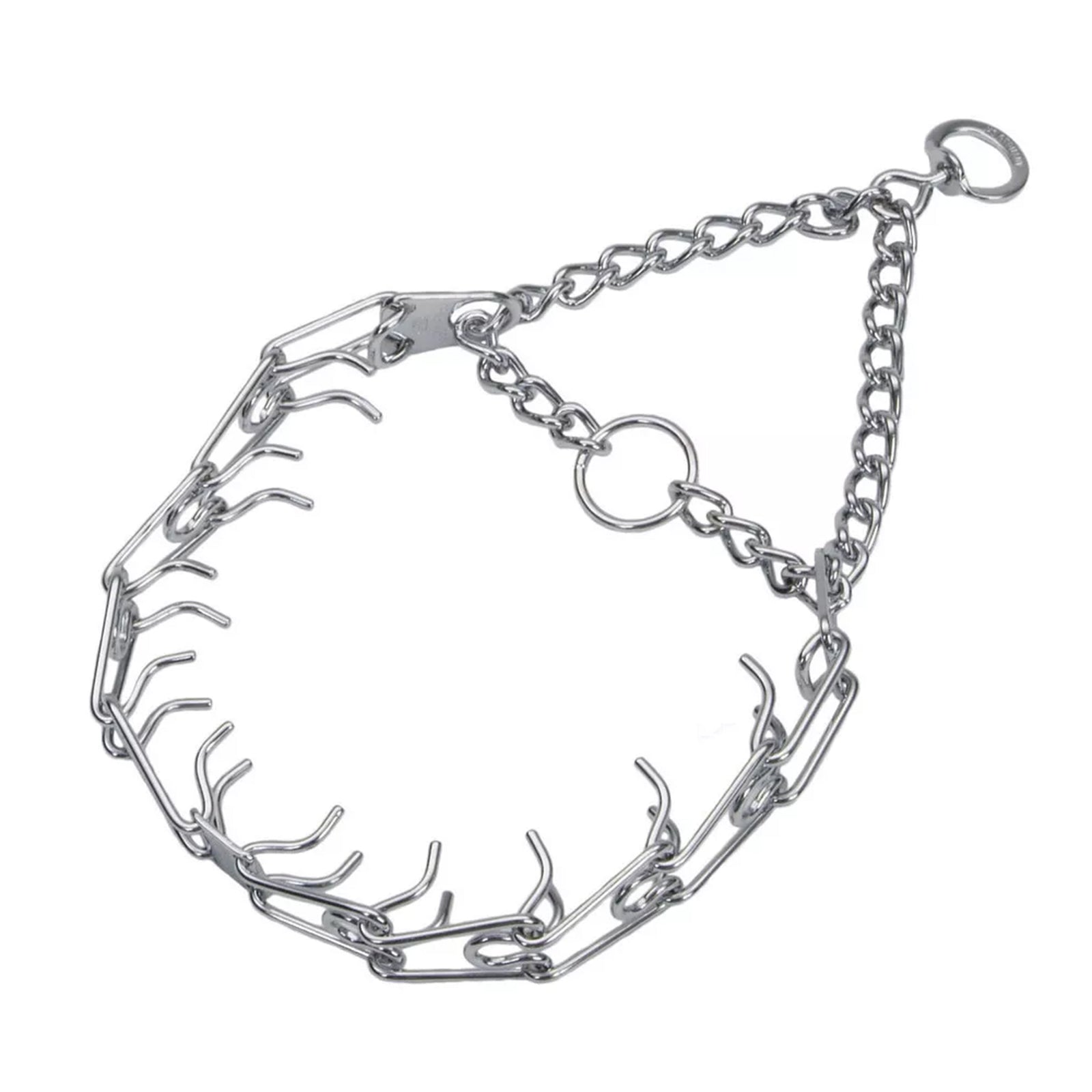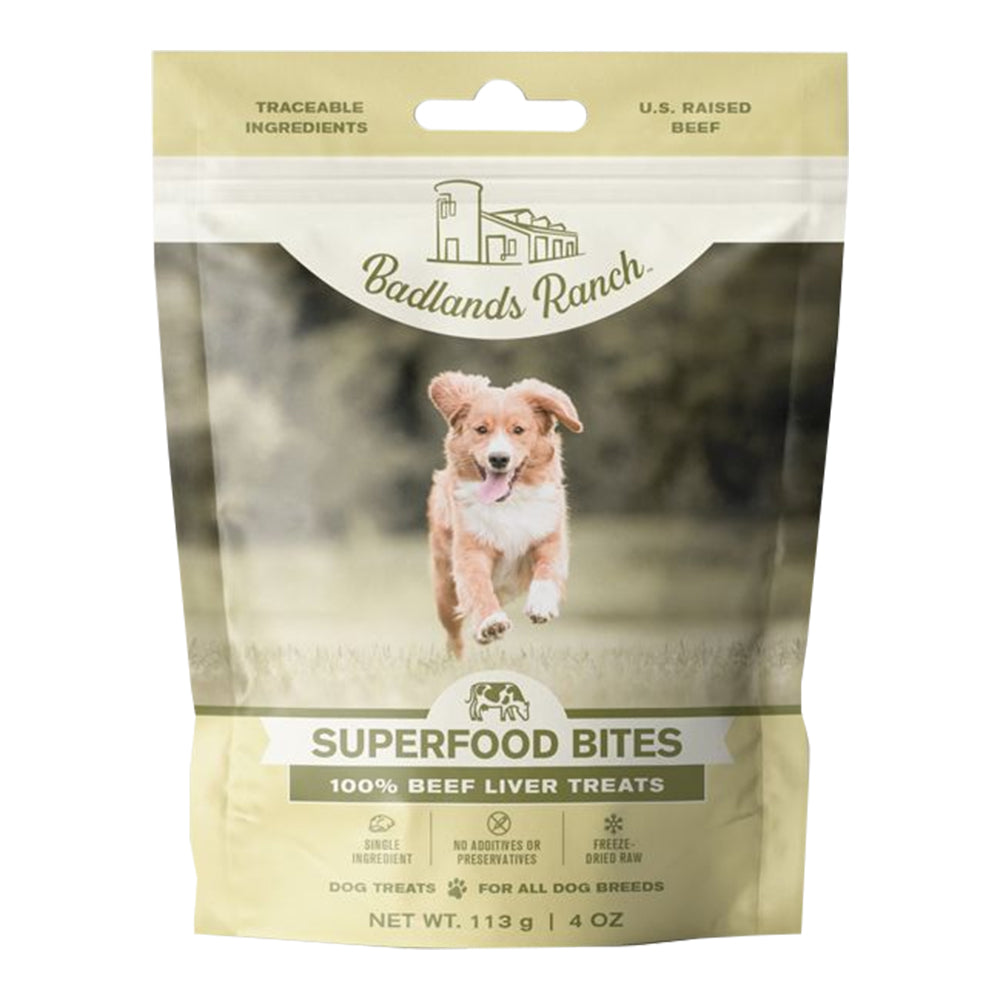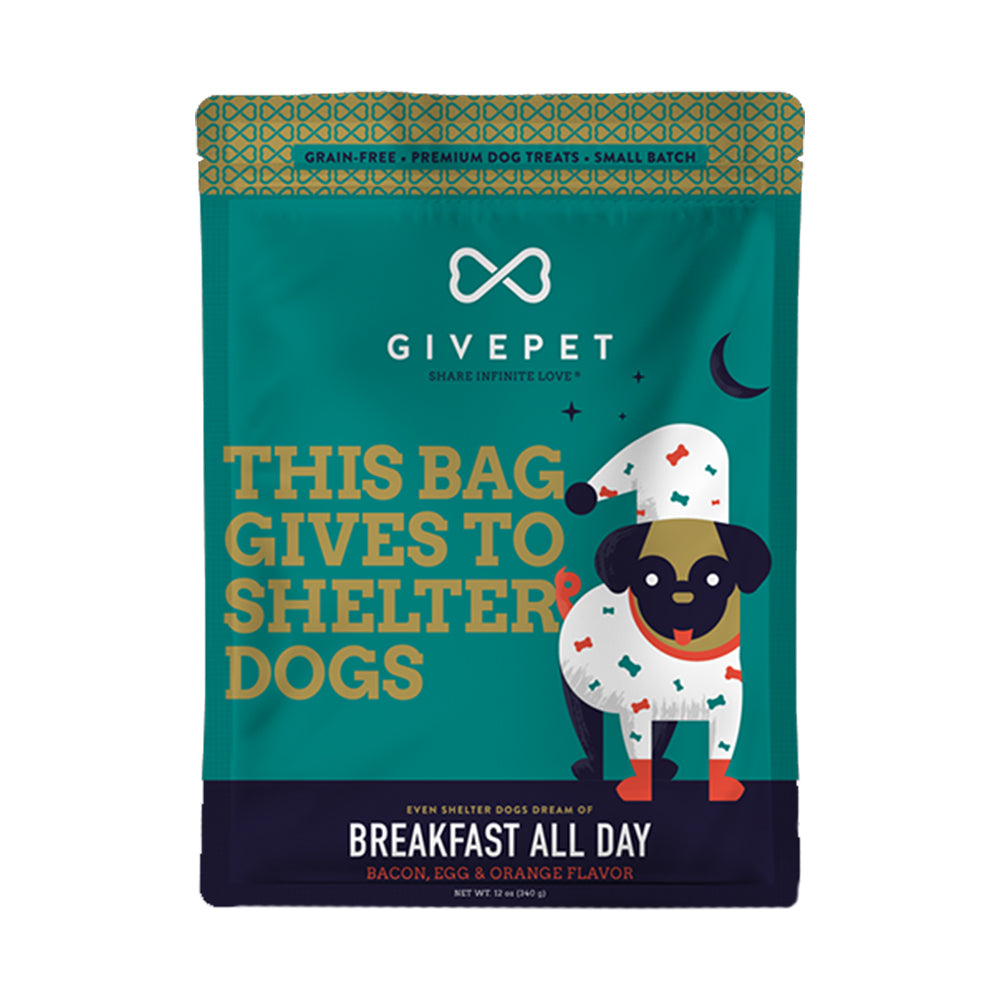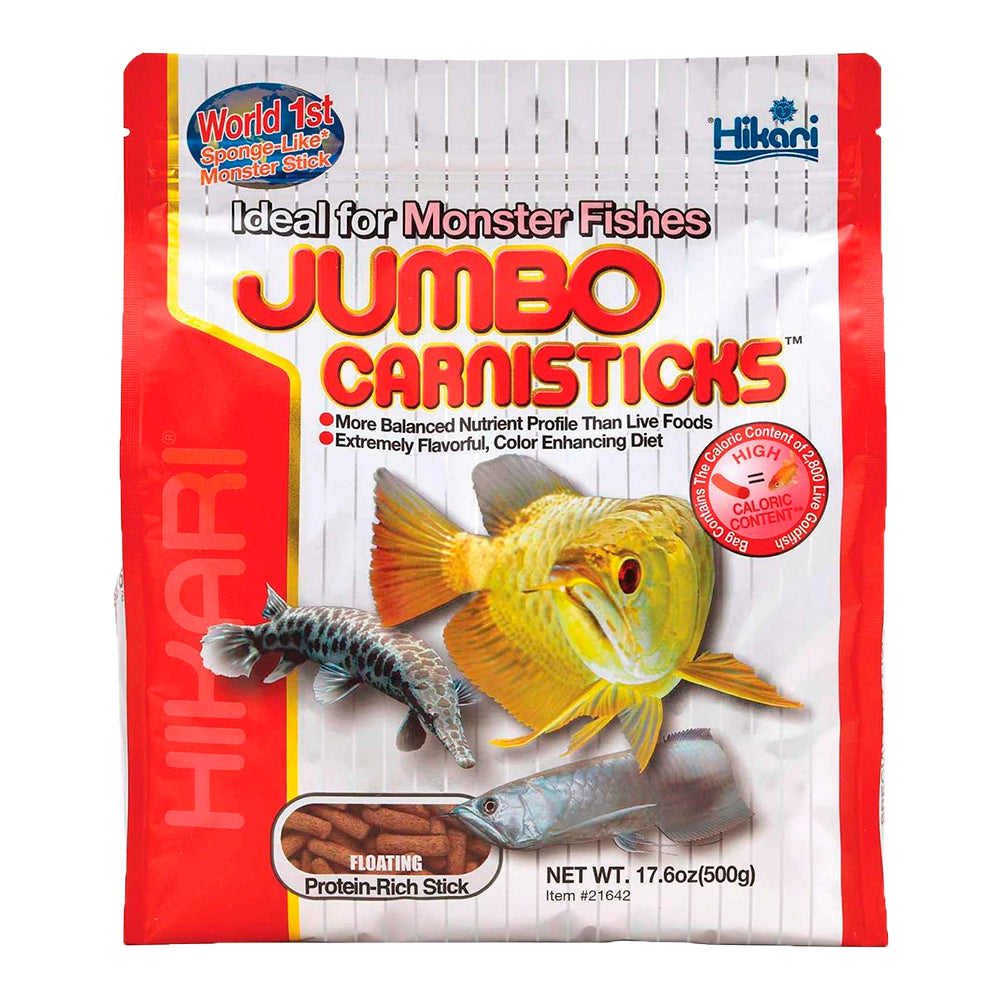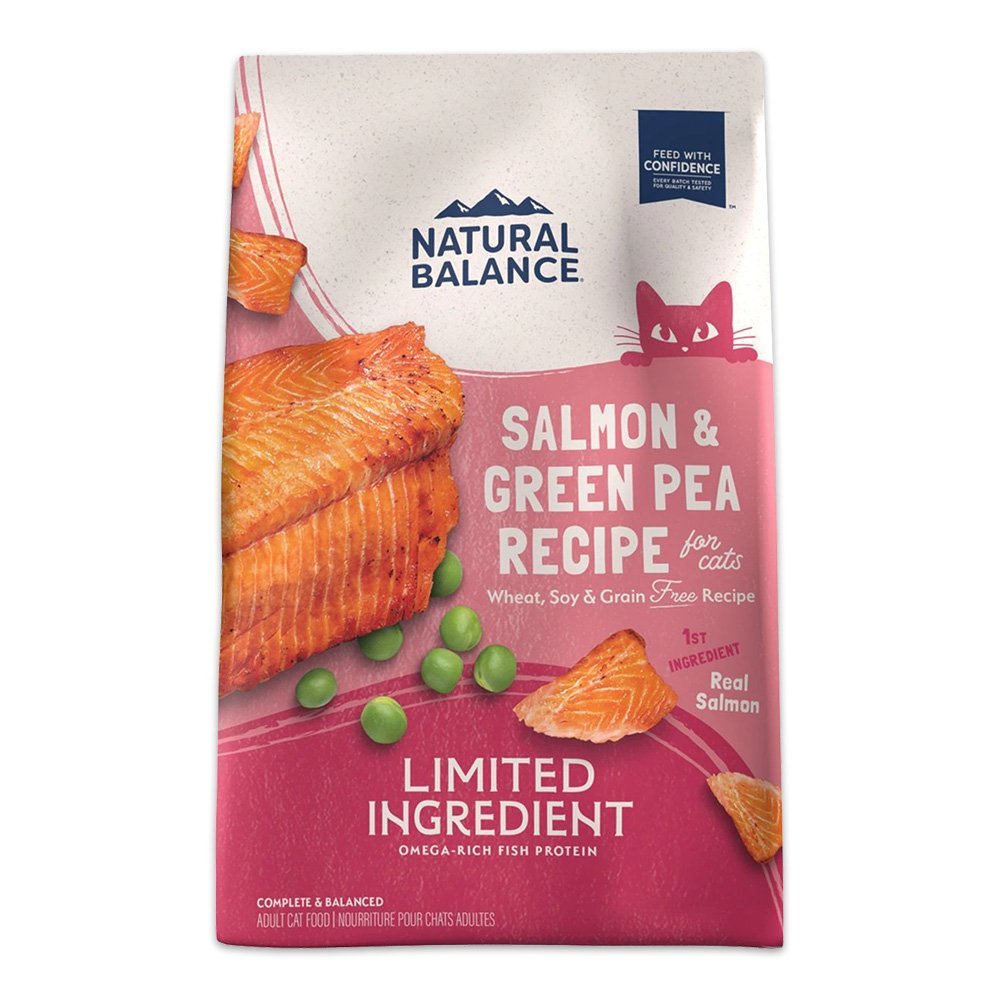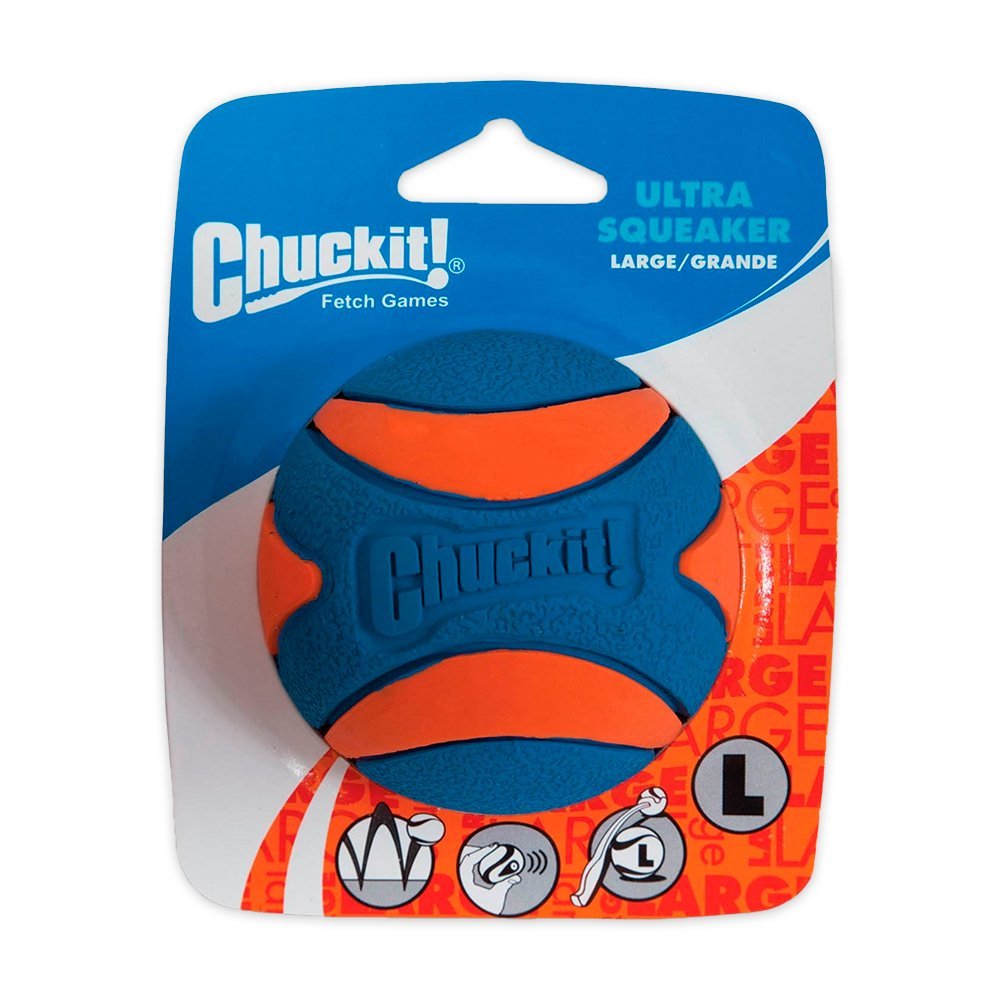| Type | Details |
| Seed Mixes | Popular and easy, but often low in nutrients if used alone. Best for finches, canaries, and parrots with supplements. |
| Pellets | Balanced nutrition in one, reduces selective eating, ideal for parrots, cockatiels, and larger birds. |
| Fresh Fruits & Vegetables | Provide vitamins, minerals, and hydration; suitable for most pet birds. |
| Sprouted Seeds | More nutritious and easier to digest than dry seeds; great for budgies and cockatiels. |
| Nuts | High in fat and protein; good as occasional treats for parrots and macaws. |
| Specialty Foods | Includes fortified treats, insect-based foods, or formulas for breeding/young birds. |
Different bird food types offer varied nutrition, and the best choice depends on the species, how old they are, if they’ve any health stuff going on, and even their mood.
Figuring out what to feed them is honestly one of the trickiest parts. Budgies, macaws, cockatoos… It’s not a one-size-fits-all situation. You need to fuel them up right, or you’ll end up with a cranky, feather-plucking roommate. And, have you seen the bird food stores with an abundance of bird food types lately? It makes it tougher to decide which one to grab.
Did you know that U.S. households spend over $4 billion on bird food and nearly $10 billion on bird-related accessories each year? Clearly, pet birds are a beloved part of many families. Their nutrition is just as crucial as your dog’s or cat’s (maybe more, if you ask a parrot owner).
This guide’s here to help you:
- Understand bird diets
- Explore different food types
- Make informed choices for your feathered companion.
Understanding Bird Diets
You know how dogs and cats need totally different food options? The same deal is with birds—each species has its own weird little menu. What you toss in their food bowl isn’t just about filling them up; it can mess with their feathers, make them hyper (or super sluggish). I can even impact how long they stick around.
People always think birds just munch on seeds. That’s not true. A decent bird diet’s got way more going on. They need:
-
Proteins
-
Carbs
-
Fats
-
Vitamins and minerals
- Fresh water
Did You Know? Birds are basically little energy factories. These guys burn through calories way faster than mammals, by the way. So, you catch them snacking all day long.
Here’s a quick overview of essential bird nutrients that help answer the question: How to take care of birds, especially through their diet?
|
Nutrient |
Role in Bird Health |
|
Protein |
Builds muscles, feathers, and eggs |
|
Carbohydrates |
Provides daily energy for flight and activity |
|
Fats |
Keeps feathers slick and shiny |
|
Vitamins |
Helps birds fight off germs and keeps their guts happy |
|
Minerals |
Makes bones and beaks tougher |
|
Water |
Must-have for hydration |

Common Birds Food Types (7 Popular Choices)
Now that we know what birds need, let’s explore the seven most common bird food types.
1. Seeds
Seeds are perhaps the most popular bird food, especially for small birds like budgies and finches. Each has its benefits and best use cases depending on your bird’s species and age.
|
Benefits |
|
Birds love them |
|
Easy to find |
Tip: Seeds should only be a part of your bird's diet—not the entire menu!
You can purchase Volkman Seed Company seeds, a best-seller known for their high-quality, clean, and species-specific blends.
2. Pellets
Pellets are like the multivitamin smoothies of the bird world. Every little chunk’s got the good stuff packed in them. So, your little munchkin doesn’t just pick out their favorite seed and leave the rest to rot.
|
Benefits |
|
Complete, balanced diet in every bite |
|
Prevents selective eating |
Pellets are a total game-changer for parrots, cockatiels, and lovebirds. Birds go nuts for Lafeber pellets as they’re packed with good stuff like real fruit, grains, and a bunch of vitamins.
3. Fruits
Birds are basically fruit junkies. Apples, pears, bananas—if it’s sweet and squishy, they’re all over it.
|
Benefits |
|
High in vitamins and fiber |
|
Encourages natural foraging |
Feed fruits in small, chopped-up pieces 3–4 times a week.
4. Vegetables
Veggies are basically little nutrient boosters, and your bird totally needs them. Honestly, you must give your pet bird greens as much as you can.
|
Benefits |
|
Low in calories and high in fiber |
|
Provides key vitamins and minerals |
Birds go nuts for veggies like spinach, kale, carrots, broccoli, peas, and sweet potatoes.
5. Nuts
These are packed with good fats and protein. However, don’t go overboard. Give these to your buddy as little bird treats, not a whole buffet.
|
Benefits |
|
Great for energy |
|
Excellent for beak exercise |
Kaytee’s got a whole lineup of nut mixes that are highly popular with pet birds. Also, this brand has a wide variety of wild bird food as well.
6. Insects and Protein Foods
Protein is especially important for insectivorous birds and during breeding or molting periods.
|
Benefits |
|
Boosts feather regrowth and egg health |
|
Great for active or growing birds |
Feed options: boiled egg, cooked chicken, mealworms, crickets.
7. Bird Treats and Supplements
Toss in a mineral block, maybe a cuttlebone or even a honey stick now and then. Your feathered buddy stays busy and gets a little health boost too.
|
Benefits |
|
Supports beak health and bone growth |
|
Encourages mental stimulation |
Don’t just toss any birds food into the cage and hope for the best—actually check the label. Ingredients and those feeding guidelines matter a lot.
Special Considerations for Different Bird Species
Not all birds are built the same. What works for a finch could totally mess up a cockatoo. Every species has its quirks. Here’s a quick guide to what your pet bird should be eating:
- Parakeets are kinda picky, but they’ll go nuts for a mix of pellets, millet, and some fresh veggies. The Kaytee Fruit & Veggie Treat Jar, made with high-quality ingredients, makes your beaked bud fan for this food option.
- Cockatiels aren’t gonna thrive on just a handful of bird seeds and a prayer. Give them pellets, toss in some leafy greens, and some seed mix. Feed your Cockatiel a diet that ticks all the nutrition checklists with the Kaytee Forti-Diet Pro Health Cockatiel Food with Safflower.
- Macaws need all the good stuff: pellets, walnuts, bananas, and even some cooked sweet potato thrown in. The Lafeber Tropical Fruit Gourmet Pellets for macaws and cockatoos have got the flavor punch and the nutrients, but thankfully, none of that fake junk or extra sugar.
- Canaries enjoy soft foods, fruits, and bird seed blends. Kaytee Songbird Treats for Canaries and Finches are formulated to encourage your feathered friend to sing his sweet song.
- Finches thrive on egg food, tiny seeds like millet, and calcium-rich greens such as dandelion. You can try the Volkman Premium Wild Finch Mix that’s loaded with high-quality natural ingredients.
How to Choose the Best Bird Food for Your Pet
Trying to decide what to feed your bird feels like scrolling through Netflix. There are too many choices. Here’s how to pick the best food for birds:
1. Research Your Bird’s Natural Diet
Don’t just grab the first colorful bag you see. Google to gather as much information as you can.
2. Consider Their Age and Life Stage
Think about how old the bird is, seriously. Little chicks? They’re all about those soft, mushy, protein-packed snacks. But when birds get older, they might need some calcium thrown in there.
3. Check for Balanced Nutrition
Read the labels of food for birds with all your attention. If the ingredient list starts with “corn byproduct” or “sugar,” skip it
4. Mix and Match
Would you want to have the same food bowl every morning? Nah. So, swap between pellets, fresh fruits, and veggies.
5. Observe Behavior and Health
Is your bird active? Are its feathers shiny? Is it pooping regularly? These are signs you're feeding it well.
Conclusion
Understanding the different bird food types is step one if you want them to stick around and not glare at you from their cage. It doesn’t matter if you’ve got a tiny finch or a parrot with the attitude of a toddler who skipped nap time. They all deserve a food bowl that’s actually good for them.
A happy bird is equal to a chill life. Therefore, give them the good stuff. It’s basically the bird-parent hack for saying, “You rock, and I’ve got your back.”





